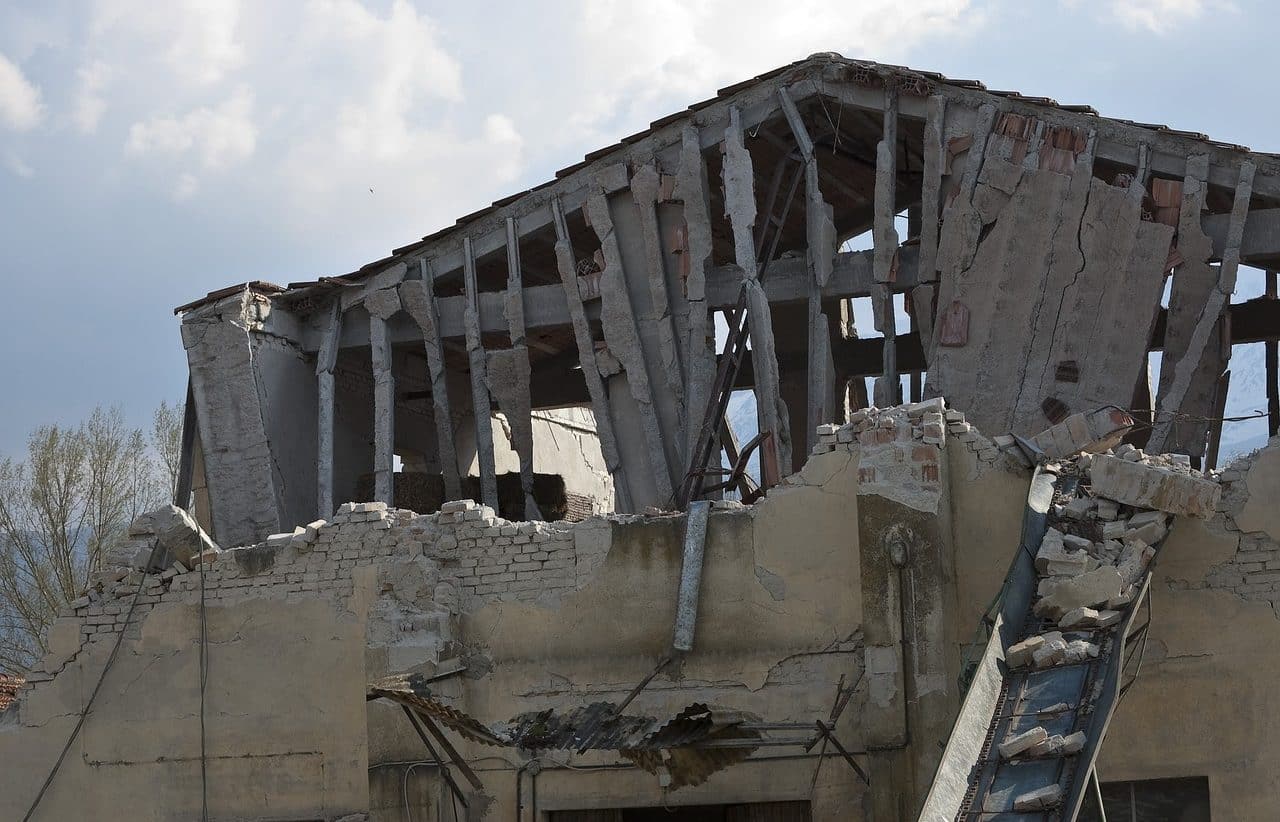
Happen can be used as a synonym for happen.
Acaecer is a verb that is used with reference to happening or occurring . The etymological journey of the concept begins with the word accidĕre , which became accadĕre and then accadiscĕre.
For example: “That speech by the president was a preview of everything that was going to happen in the country,” “Scientists are trying to discover how the first mutation of the species could have occurred,” “The communal chief held the governor responsible for the province for what may happen in the coming weeks.”
Examples of happening
Suppose that, in the regulations of a sport , it is indicated that any circumstance that may occur to a player and that prevents him from continuing to compete, will be analyzed by the judges to determine if the competition will be resumed in the future or if, on the contrary, , the victory is awarded to the rival. What can happen to the player can be an injury, a health problem or an emergency of any other nature.
Take the case of a toxic substance spilled into a lake. The authorities soon order an investigation to determine who is responsible for the pollution and to discover what consequences may occur on the people who reside around the lake and on the aquatic animals that live in it. According to the results of the analysis carried out by specialists, the government will punish whoever corresponds for the polluting action and will take the necessary measures to protect human beings and animals affected by the events.

Happening implies becoming reality.
About reality
One of the nuances that makes the definition of this term very interesting is its relationship with the concept of reality , whose subjectivity we often overlook. It is difficult for human beings to understand that we do not all see the same thing, that each one perceives the environment differently, and that is why we are capable of confronting each other to the death if we notice ideas that are opposite to ours. But, as much as it may seem to some, reality is not rigid or absolute .
That said, given that happening is, in short, "coming true," it is not incorrect to say that the same event, something that has happened, can be seen in different ways depending on the characteristics of each individual. It goes without saying that these are not issues related to the supernatural, visions or crossings between dimensions; It is not necessary to believe in anything more than everyday life to understand that each person experiences the same event in their own way.
Let's take, for example, a catastrophic event, in which material destruction and human suffering are mixed, to try to explain the differences that may exist between two points of view of the same event : after the collapse of a building caused by an attack terrorist, the relatives of the victims suffer for the deaths while the criminals rejoice for having successfully sent their message.
News of this type, therefore, may reflect the occurrence of a misfortune (for those affected by the death and suffering of many innocent people) or the occurrence of a successful terrorist operation. The reality is very different for these two very opposite groups; In the same way, the people who were inside the building would experience the fatal moment of the collapse each in their own way, just as those who had economic interests related to the building would think about their pockets, unlike the rest of those involved.
Other uses of happen
Occurrence, on the other hand, can be the occurrence (that which happens): “Many scholars focused on the cosmic occurrence.”
The dictionary of the Royal Spanish Academy ( RAE ) also mentions a meaning that has fallen into disuse, according to which the meaning of happen is "to be present , to come together in a certain place."
